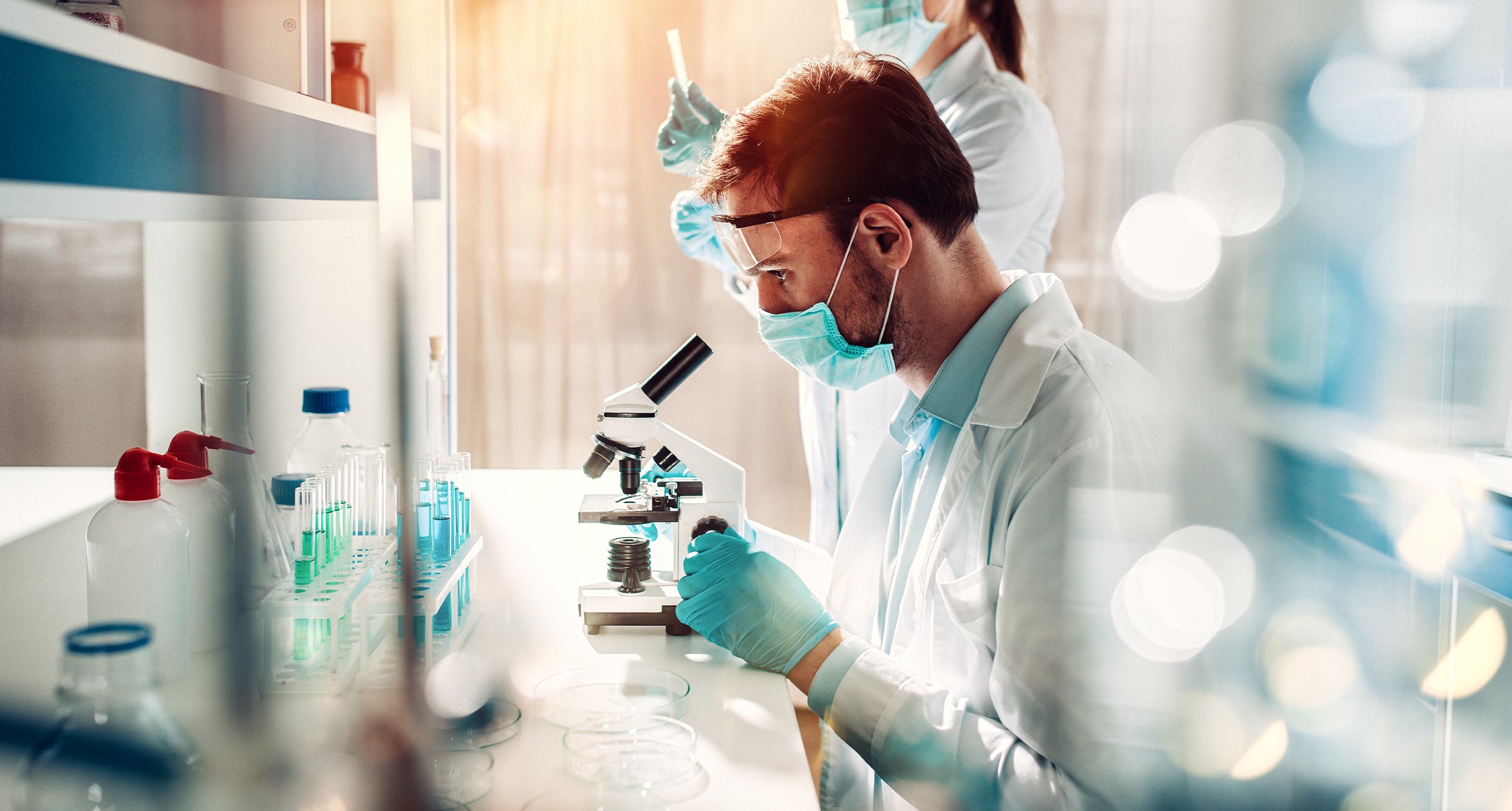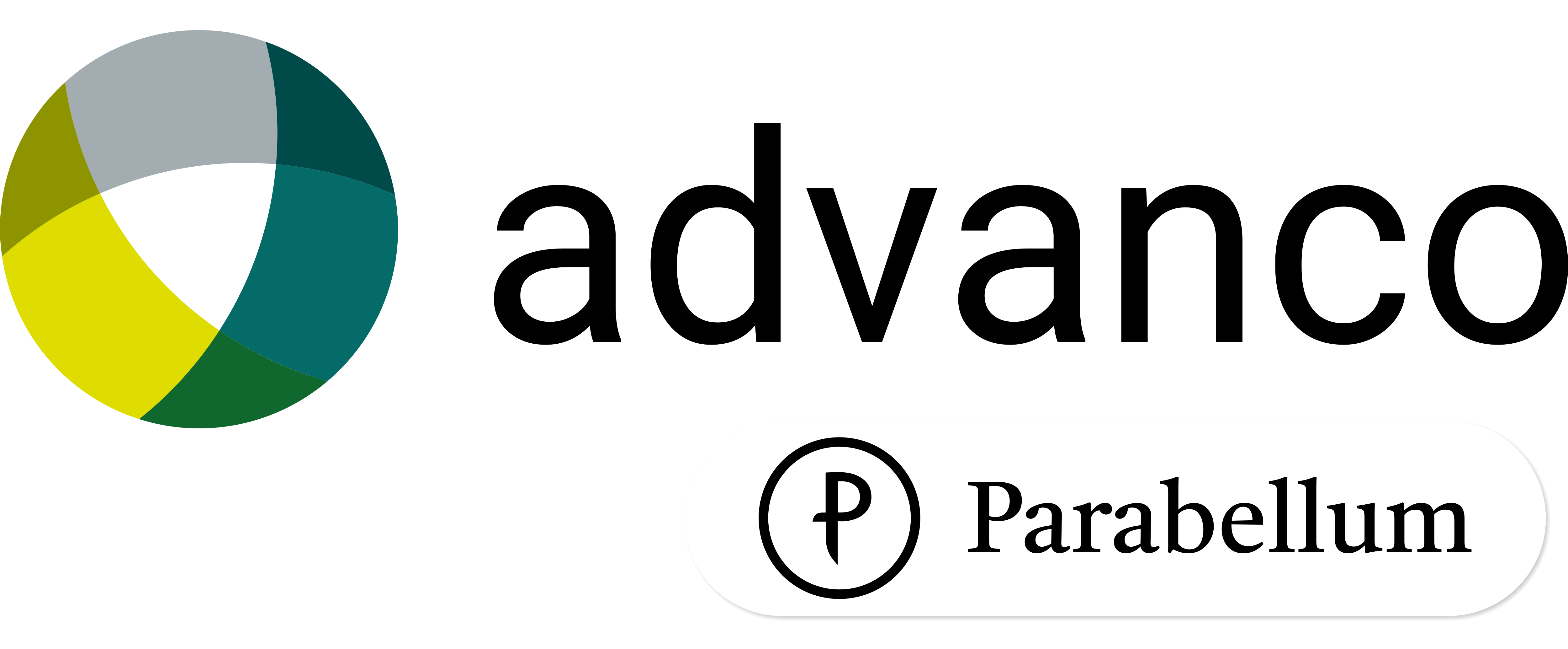Fake medicines – an update on the forgers
Here at advanco, we remain unapologetic about the fact we discuss the topic of fake medicines on a regular basis.

The reason we do so is simple, yet stark. Counterfeit drugs kill hundreds of thousands, if not millions, of people. Those who are responsible for plying this evil trade think nothing of the devastation they leave behind, carnage which kills. They are also undermining the work of the global pharmaceutical sector which remains committed to developing the drugs and equipment people rely on across the world for a better quality of life.
The reason we are revisiting the topic now once more is because of a piece of new research which shows the true scale of the problem we are facing, a piece of research that we feel needs to be highlighted. It tracks the numbers of counterfeits in pharmaceuticals across the world from 2002 to 2022. The findings are horrific.
It reveals that 196 incidences of pharmaceutical crime were reported by the Pharmaceutical Security Institute in 2002. However, the annual number of such incidents have skyrocketed over time, up to more than 6,600 during 2022.
To say these results are alarming is an understatement. It highlights just what a growing issue the pharmaceutical sector – if not the globe as a whole – is facing. And, of course, these are the recorded instances. We would expect the actual amount to potentially dwarf these official figures.
Pharmaceutical forgeries – the bigger picture
If anyone needs reminding about the devastating effects that counterfeit medicines can cause, we invite you to type the phrase “fake medicines statistics” into Google.
Titles of articles revealed in the top search results include “counterfeit drugs on the rise globally”, “fake medicines kill almost 500,000 Sub-Saharan Africans a year” and “fake drugs kill more than 250,000 children a year”.
There is also no shortage of surveys and studies done into the issue which make sobering reading. In its latest report on counterfeit goods, Europol revealed that the trade in falsified pharmaceuticals is continuing to grow; in 2020 counterfeit medications were the seventh most seized counterfeit product, where in 2019 they were tenth. This rise was driven by the number of customs procedures associated with counterfeit drugs more than tripling from 192 in 2019 to 600 in 2020.
It is also worth underlining once more the statistic that 10% of pharma products worldwide are predicted to be counterfeit, with the global counterfeit drug market exceeding an eye-watering $75bn. Research further estimates that the death-toll caused as a result could increase to 10 million people by 2050.
Estimates by the World Health Organization show that between 72 000 and 169 000 children may die from pneumonia every year after receiving counterfeit drugs, and that fake anti-malarial medication might be responsible for an additional 116 000 deaths.
Studies show about 9%-41% of medicines sold in low- and middle-income countries are counterfeit. In contrast, in high-income countries, such as the United States, less than 1% of medicines sold are counterfeit.
During the Covid pandemic, the issue was brought to the fore, with many instances of counterfeit Covid vaccines being cited in the media. The British Medical Journal also cites how Mexico and Poland have reported counterfeits of Pfizer vaccines being given to people for $1000 each.
However, the issue is not just confined to poorer parts of the world.
A UK forged medicines focus
In February 2022, respected industry title, The Pharmaceutical Journal, reported that around 15,500 falsified medicine packs were found in the UK’s authorised medicines supply chain over the previous two years.
It outlines how a spokesperson for the Medicines and Healthcare Products Regulatory Agency (MHRA) said the falsified medicines were identified from a range of regulatory checks.
In 2021, UK officers working on Operation Pangea seized three million medicines and medical devices that were being sold illegally. The products were valued at more than £9m. Among the medicines seized were anti-depressants, erectile dysfunction tablets, painkillers, anabolic steroids, and slimming pills – so a huge variety of products, potentially affecting a massive cross-section of people.
Advanco’s stance
At advanco, we remain vocal in our opinion that the pharmaceutical sector should cooperate and work together to present a coordinated response to the forgers, and we remain committed to developing the serialization solutions that the globe can count on for the reassurance that medicines are genuine.
Furthermore, we have long argued that stricter enforcement, opening the supply chain, improving ESG efforts and implementing much tighter industry standards are key in this ongoing battle against medicine forgers.
The implementation of open standards is another crucial method in the fight against fake Covid vaccines and other drugs. The establishment of OPEN-SCS, the industry body responsible for promoting common standards across the pharma sector, is another a solid step forward in the fight against fake medicines.
Conclusion
The one thing that we hope this article will underline is the criminals who distribute forged medicines are killers. They are responsible for deaths on a huge scale, and the problem is rising rapidly.
Will the issue disappear overnight? Absolutely not. Will it ever disappear totally? Based on the ever-expanding figures, probably not.
However, we – as in the pharmaceutical sector – need to act fast to try and contain the damage being done. We need to continue working together and investing in the technology and the systems to fight the issue.
By doing so, we will ensure lives are saved, and that the good work the pharmaceutical sector is collectively doing is not undermined by the illicit trade of the forgers.



